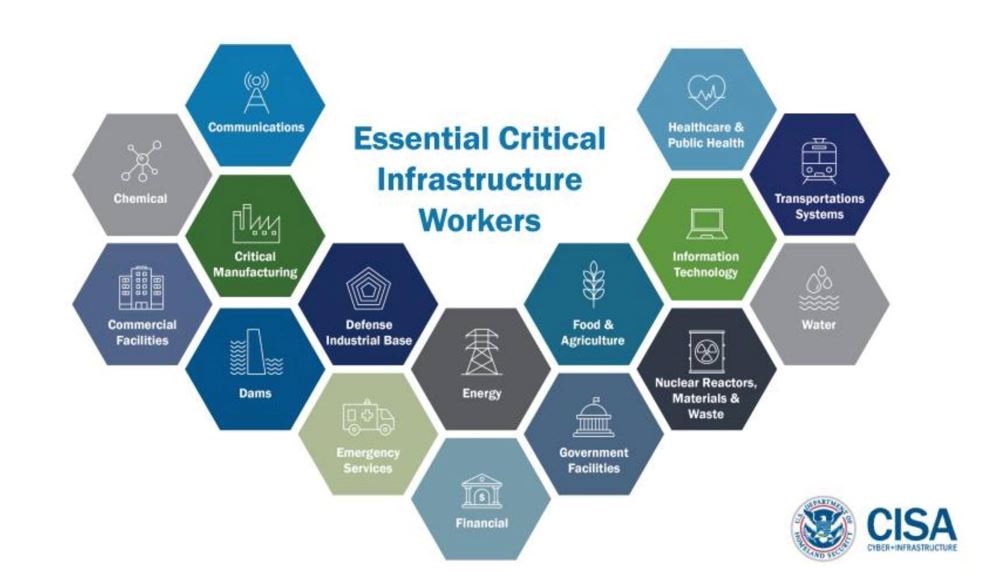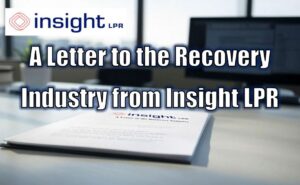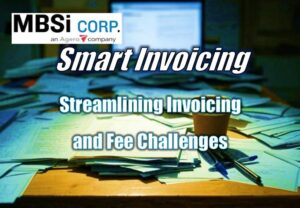
Some confusion in the repossession industry has been persisting on whether or not repossession agents and companies are deemed “Critical Infrastructure Workers.” This was partially because of the vague definitions within the earlier guidance that left open to interpretation of what critical service vendors were applicable for the Financial Services Industry. On March 28, 2020, the Department of Homeland Security issued a memorandum on the identification of Critical Infrastructure Workers During the COVID-19 Response and it creates greater clarity on which vendors fit within these definitions.
Under the proposed guidance are a series of critical infrastructure areas including the “Financial Services” field which expands into the prescribed definitions of applicability for the identification of critical workers.
• Workers who are needed to provide, process and maintain systems for processing, verification, and recording of financial transactions and services, including payment, clearing, and settlement; wholesale funding; insurance services; consumer and commercial lending; and capital markets activities).
• Workers who are needed to maintain orderly market operations to ensure the continuity of financial transactions and services.
• Workers who are needed to provide business, commercial, and consumer access to bank and non-bank financial services and lending services, including ATMs, lending and money transmission, and to move currency, checks, securities, and payments (e.g., armored cash carriers).
• Workers who support financial operations and those staffing call centers, such as those staffing data and security operations centers, managing physical security, or providing accounting services.
• Workers supporting production and distribution of debit and credit cards.
• Workers providing electronic point of sale support personnel for essential businesses and workers.
While creating clarity, it also creates ambiguity, stating that this is not a federal directive and also left open interpretation for the states to add or remove workforce categories at their discretion. Regardless, it is an extreme stretch to claim that repossession activity fits within any of these definitions. And while this guidance is helpful, states may still overrule or expand upon these “critical essential employees” definitions. Unfortunately, with the direction that this pandemic is heading and the growing numbers of lockdowns and repossession moratoriums increasing, the probability of states viewing the repossession industry as “essential” are extremely unlikely.
“This list is advisory in nature. It is not, nor should it be considered, a federal directive or standard. Additionally, this advisory list is not intended to be the exclusive list of critical infrastructure sectors, workers, and functions that should continue during the COVID-19 response across all jurisdictions. Individual jurisdictions should add or subtract essential workforce categories based on their own requirements and discretion.”










Facebook Comments